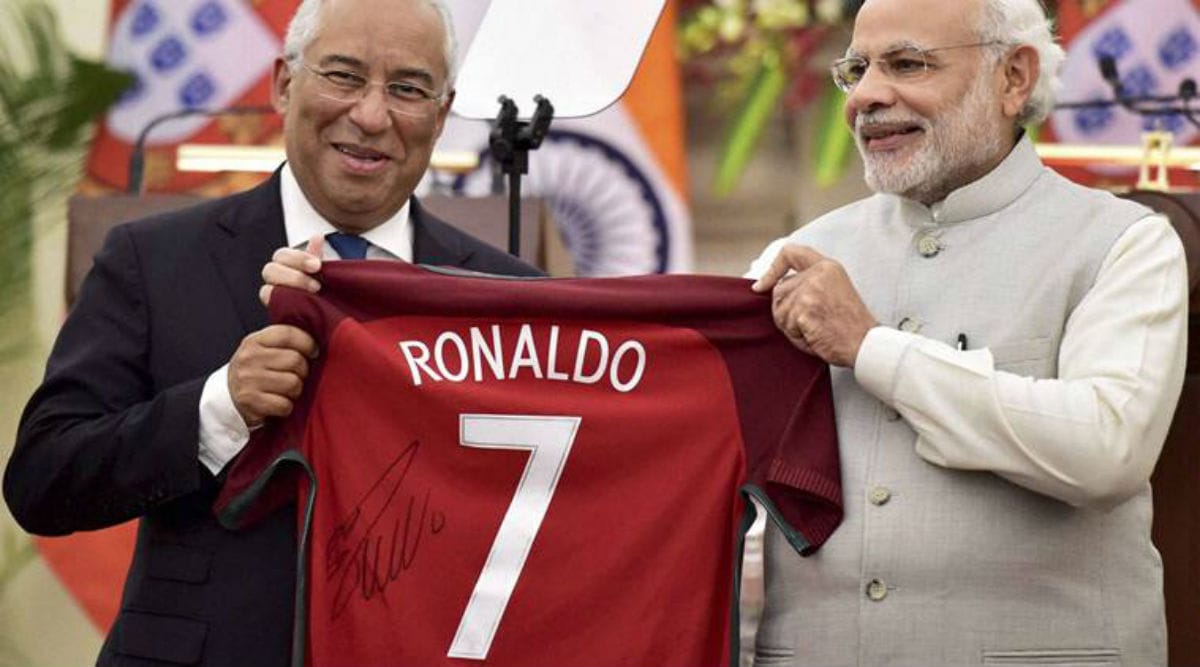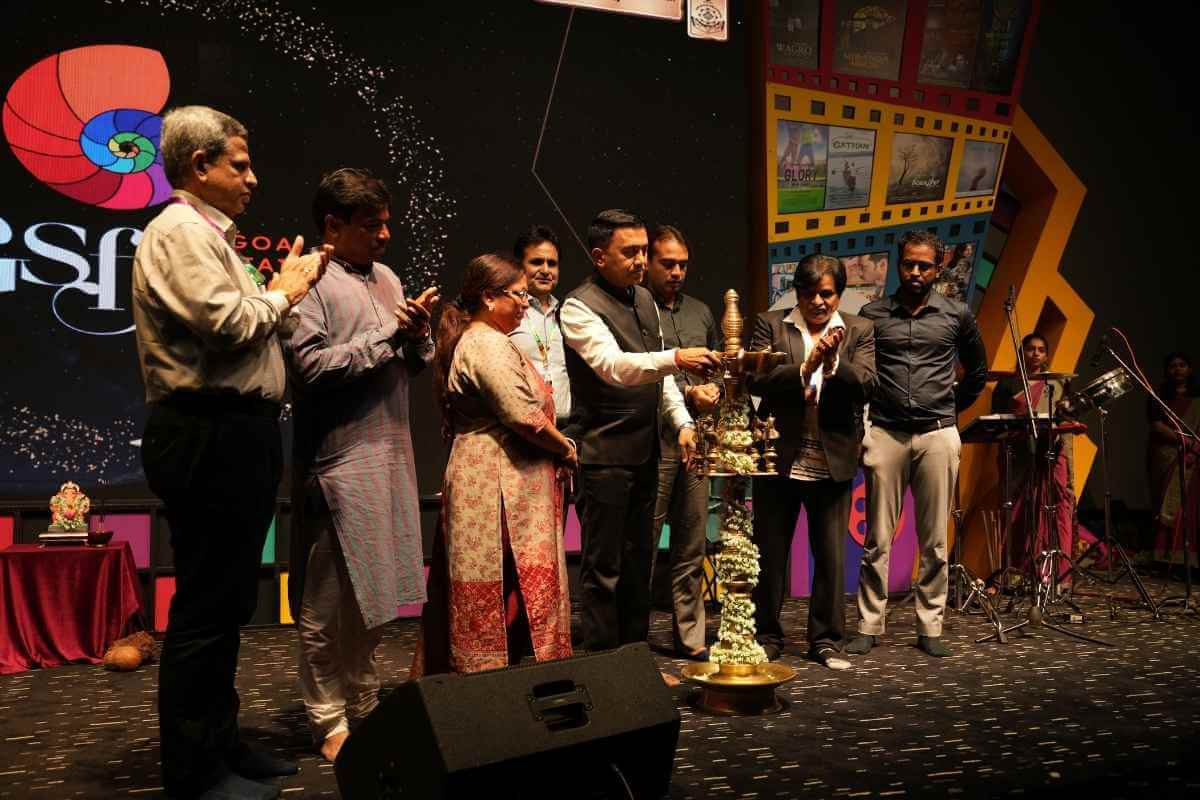Thousands of Indians from the Portuguese colonies have gone to Europe and settled there after acquiring Portuguese citizenship. The Portuguese citizenship gives them an opportunity to work and settle anywhere in Europe as European citizens. Remedios Rodrigues, a former Goa Shipyard employee – a government undertaking is on his way to the UK with a stopover in Portugal to collect his Portuguese passport and become a Portuguese citizen after surrendering his Indian passport. He is a step away from giving up his Indian citizenship in search of his European dreams.
The 50-year-old Indian from the holiday resort state of Goa who has his family of wife and children still based in Goa did not have to make rounds at the immigration offices of the UK embassy in India but pursued his English dreams through the Portuguese connections. Goa was a former Portuguese colony till 1961, until the Indian army liberated it, on December 19 that year.
How an Indian, who is born in this country and has spent his entire life in India can he become a European Union citizen, is the immediate question, which comes to mind. For some with no connection opting for Portuguese citizenship may seem strange. But this is the route, which Indians from the western state of Goa and union territories of Daman and Diu have been exploring to further their European dreams. Yes, people from the former Portuguese colonies in India, which includes Goa, Daman, Diu, Nagar, and Haveli can exercise the option to become citizens of Portugal subject to certain conditions.
According to a researcher Constantino Hermanns Xavier, “Indian immigration to Portugal has happened in different waves from the 16th Century onwards. The first wave was the Portuguese ships, which carried craftsmen, tailors, and others with specialized skills from India to Portugal. They have had a distinct influence on the architecture and culture of our country. The second wave was of Goan intellectuals who went to Portugal to study and then settled down and the third and most significant wave was in 1961, when the people of Goa were given the choice of opting for Portuguese citizenship,”

According to the available information, until the early 1970s, there were substantial populations of Goans in the Middle East, Africa, and Europe. There have also, historically, been Goans in former British colonies of Kenya, Uganda, and Tanzania, and Portuguese colonies of Mozambique and Angola. The end of colonial rule and the subsequent waves of the expulsion of Indians from Kenya and Uganda forced the community to migrate elsewhere, however. The Gulf News put the number of Goans residing outside India as approximately 300,000.
But if you look at the chart it will make one thing clear that more than 50% Goans perhaps may not want to become Portuguese citizens and hence they have Gulf countries and some of them have permanently settled in these countries. Goans settled in the Gulf return home at regular intervals – every two years –, while some come less often. They time their holidays to coincide with a wedding in the family, religious festivals, exposition of the remains of St. Francis Xavier, or to attend to some family matters. Others come home to choose a bride and get married. The bulk of migrants cannot take their families along, particularly those earning low salaries. However, there are migrants of the upper class who have taken their families to the Gulf.

Goan migration, which began very early, still continues. Today, practically every other family has or had a member or a relative in the Gulf countries. In some villages in Goa, sizeable numbers of women folk both married and unmarried are working today as housemaids in the Gulf. However, the migration to the Middle East suffered a setback during the mid-1990s for several reasons. The Kuwait-Iraq crisis and more recently the new migration laws passed in UAE has affected Indian migration.
In addition to this, there is the completion of big projects, drop of oil prices and local workers taking up an increasing number of jobs. Goans were retren¬ched from their highly paid jobs when the big companies began closing down. There has been the repatriation of migrant workers from UAE due to the introduction of new migration regulations.
The situation in other Gulf states is not any better. With Oman government stressing on “ Organization ”, a good number of Goans are forced to leave the country. Their jobs are being taken up by local workers. However, professional in certain trades and Goan domestic staff are still in demand.
The studies show that 62% of emigrants leave Goa at the prime working ages between 20-39 years. Among the percentage of emigrants, females are better educated than males; 36% of female emigrants are graduates compared to just 26% of the male immigrants.






























4 thoughts on “THE TOP SEVEN COUNTRIES WHERE GOANS HAVE SETTLED DOWN WITH THE HELP OF PORTUGUESE CONNECTIONS”
Nothing strange in the situation. The Indians invaded Goa in 1961. The Goans are recovering their Portuguese citizenship after the dark days of 19 December.
YOU ARE RIGHT MR. COLACO 🙂
it’s not called invading . it’s called taking back what is yours …
Guys, India has not invaded Goa. Goa was a part of India like other states and India took it back.